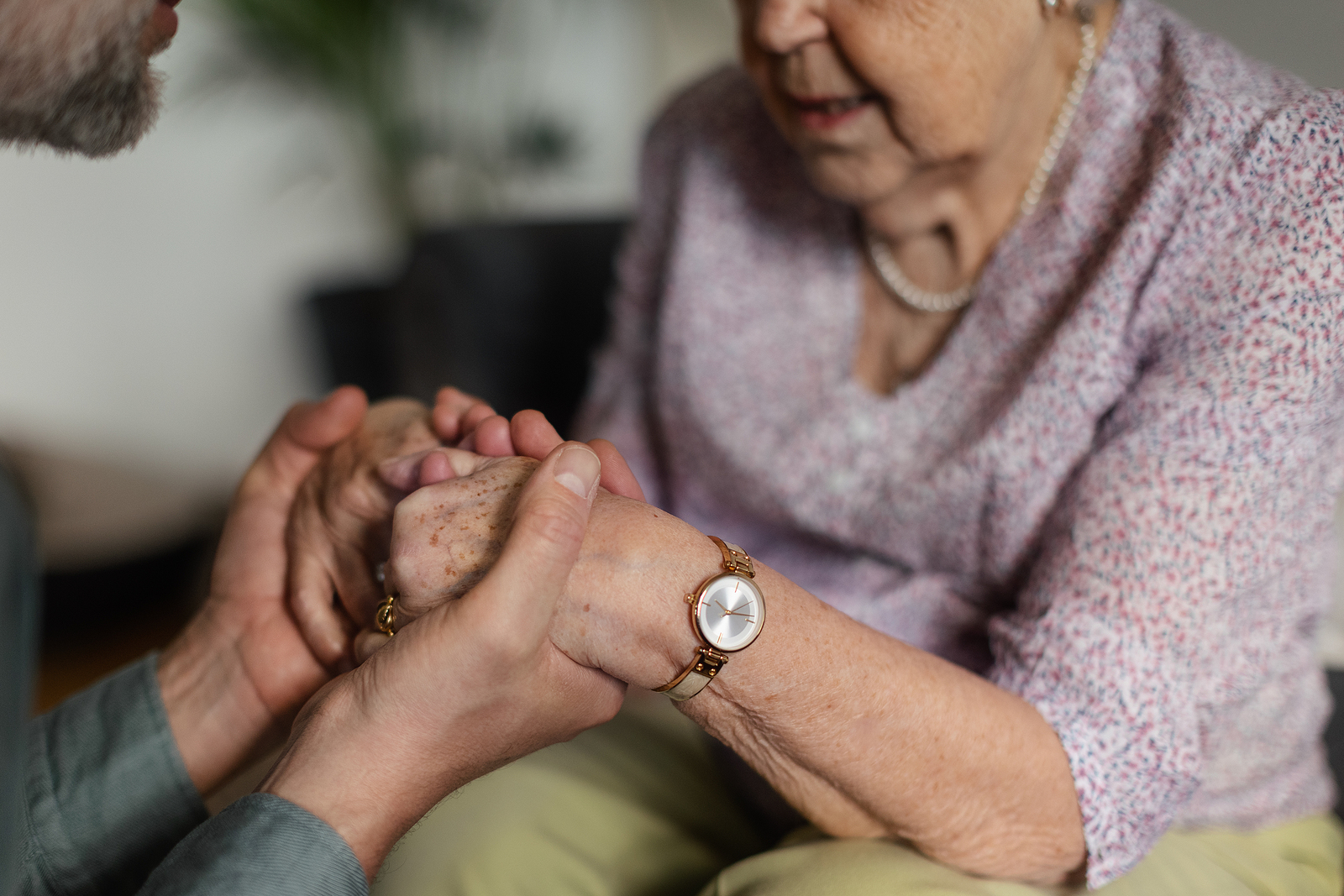Six Tips to Manage the Stress of Caregiving

Being a family caregiver might just be the most stressful thing that you do. You want to be there for your elderly family member, but it’s also a situation that can take a lot out of you. What makes the most difference for everyone involved is to make sure you’re looking at the right variables and that you’re getting help managing as much as you can. Here are some tips to help you to do just that.
Talk with Your Senior about Needs and Expectations
You and your elderly family member might have some different expectations about what is going to happen during your time as a family caregiver. That’s not unusual at all. What really matters is that you talk about what you each expect and what your senior’s needs are. That’s going to help you both to stay on the same page.
Work with Her Medical Team to Put Together a Care Plan
Another group you need to get on the same page with is your elderly family member’s medical team. When you know what your senior’s needs are around health, you can plan more effectively to meet those needs. This also helps you to understand what changes might show up later for your senior.
Consider Bringing in Help Now
It’s possible that your elderly family member doesn’t need a lot of help now. But if you consider bringing in 24-hour home care now, that gives you both a chance to become accustomed to having assistance. It also helps you to find and to fill gaps in care that you might not be aware exist.
As Her Situation Changes, Consider 24-hour Home Care
There are other types of care that your might find helpful, too. As your elderly family member’s situation changes over time, 24-hour home care can be a good choice. This type of care ensures that your elderly family member has help exactly when she needs it and that you’re able to rest when you need to.
Make Sure You’re Prioritizing Your Own Care
As a family caregiver, it’s essential that you’re getting rest and taking care of yourself. If you’re not already doing so, that’s going to add to your stress levels. A common complaint is that you might not have time or energy to worry about your own care, but that’s backward. If you take the time to focus on your needs, you’re going to reduce stress for yourself and in turn better care for your elderly family member.
Re-evaluate and Adjust Plans as Needed
Plans need to be flexible so that you can keep meeting your senior’s needs over time. When you set aside regular time to re-evaluate what is happening, you’re being proactive. That’s going to help you to anticipate changes before they become emergent situations that are out of your control. Emergencies are still going to happen, but you’ll be better prepared for them.
Reducing stress during the caregiving journey helps your senior and you to have a much better experience all the way around.
Subscribe
Date: October 14, 2022


